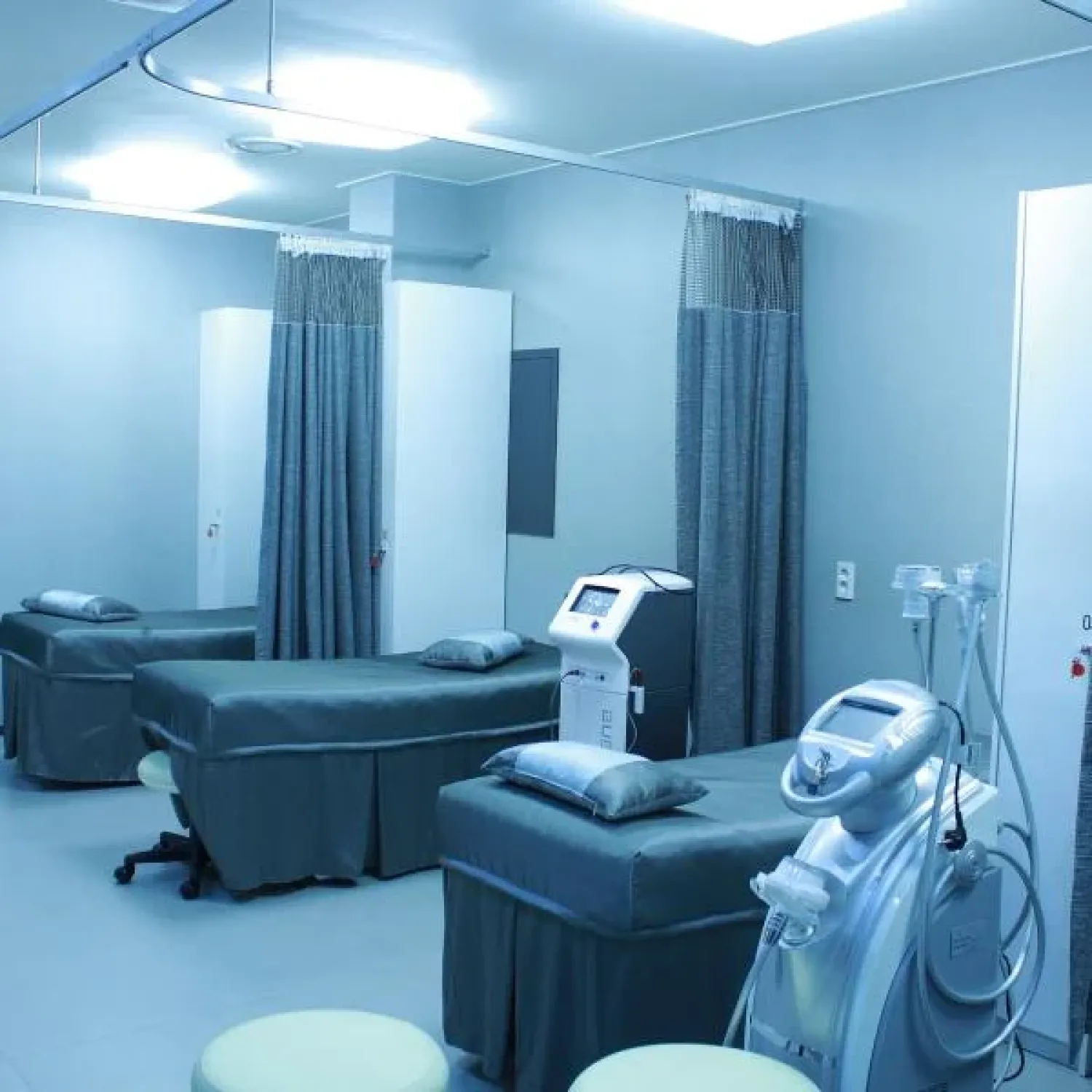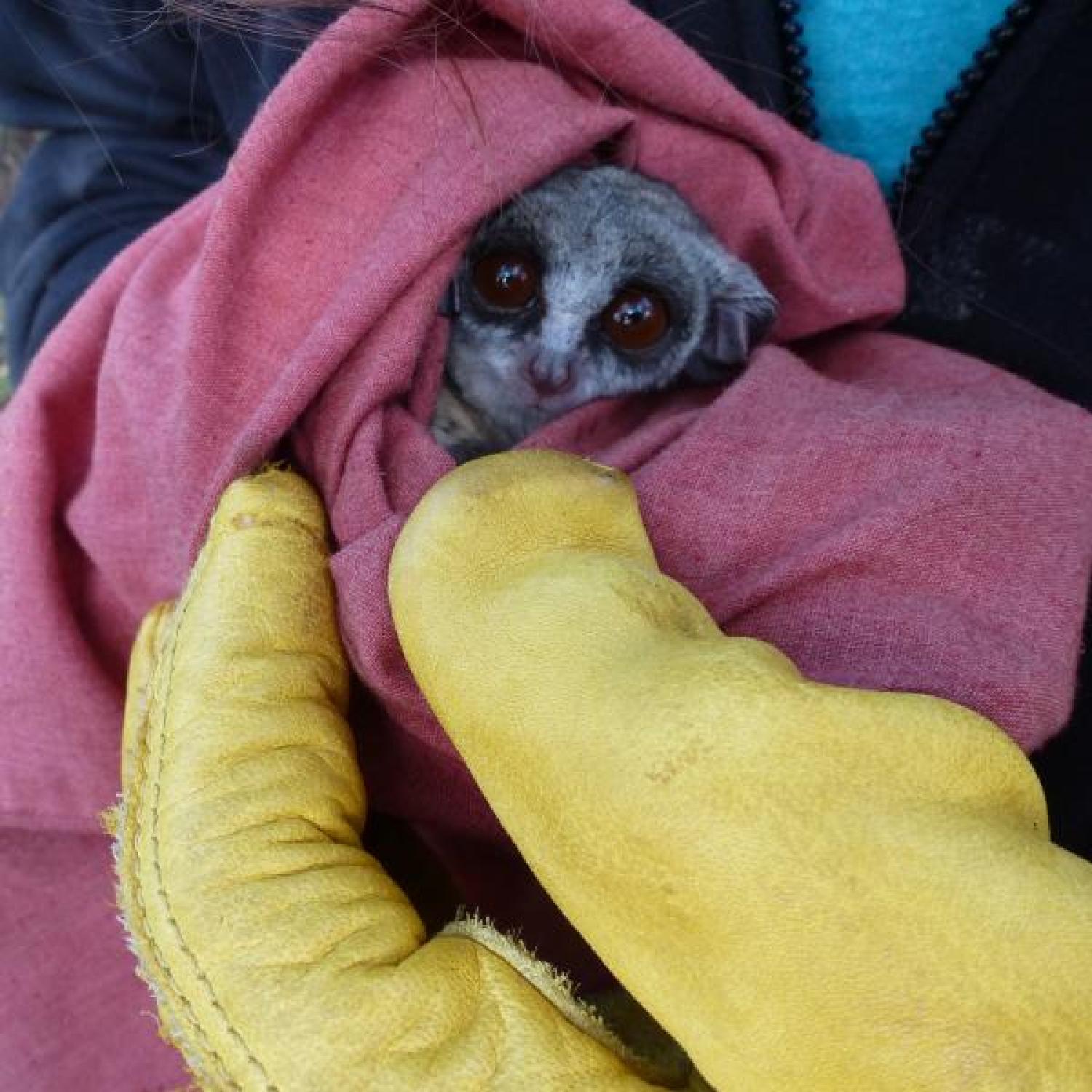Top research stories of the week: Aug. 3 edition
This week's research rundown takes a look at the correlation between spousal age gaps and marriage satisfaction, a "germ trap" for hospitals managing airborne disease outbreaks and a study of African bushbabies using high-tech thermal imaging cameras.

Spousal age gap affects marriage satisfaction over time
Men and women both report greater marital satisfaction with younger spouses, but that satisfaction fades over time in marriages with a significant age gap between partners. The new CU Boulder research findings, which examined 13 years’ worth of longitudinal data from thousands of Australian households, also suggest marriages with large age gaps are less resilient in the face of economic downturns relative to their similarly-aged counterparts.

Engineers demonstrate 'germ trap' for hospitals
When an infectious airborne illness strikes, some hospitals use negative pressure rooms to isolate and treat patients. These rooms use ventilation controls to keep germ-filled air contained rather than letting it circulate throughout the hospital. But, in the event of an epidemic, these rooms can quickly fill up. Now, a team at CU Boulder has found a simple, cost-effective way for medical facilities to expand this technique, dramatically increasing their capacity to contain and treat airborne illnesses.

Studying an elusive South African primate
At a remote South African research field site, CU Boulder professor Michelle Sauther and alumnus Frank Cuozzo are leading research on two of the world’s least studied non-human primates: the iconic, big-eyed African bushbabies, also known as galagos. Using high-tech thermal imaging cameras, the research will allow for a more thorough analysis of the species' conservation status and help inform how challenging environments impact primates.


